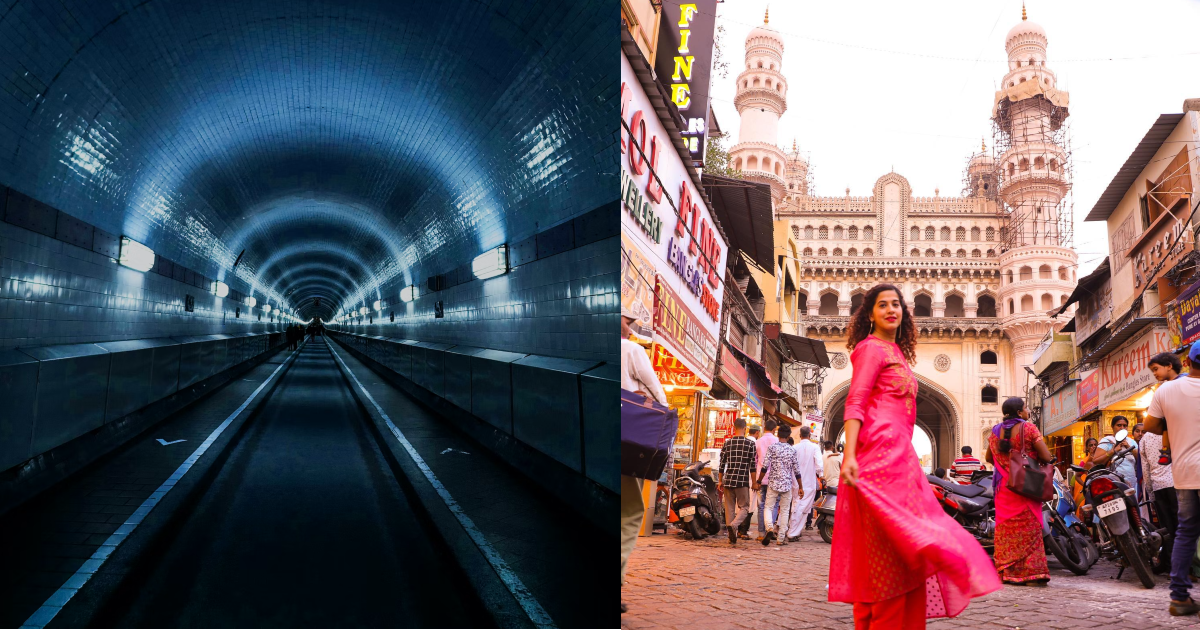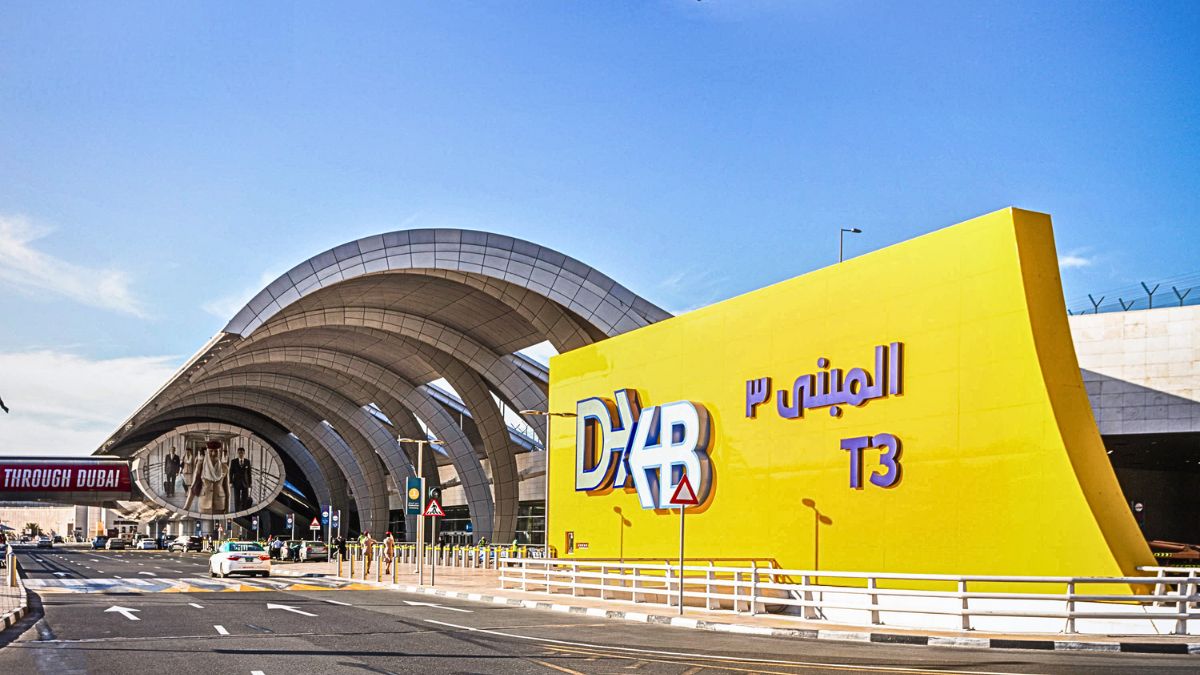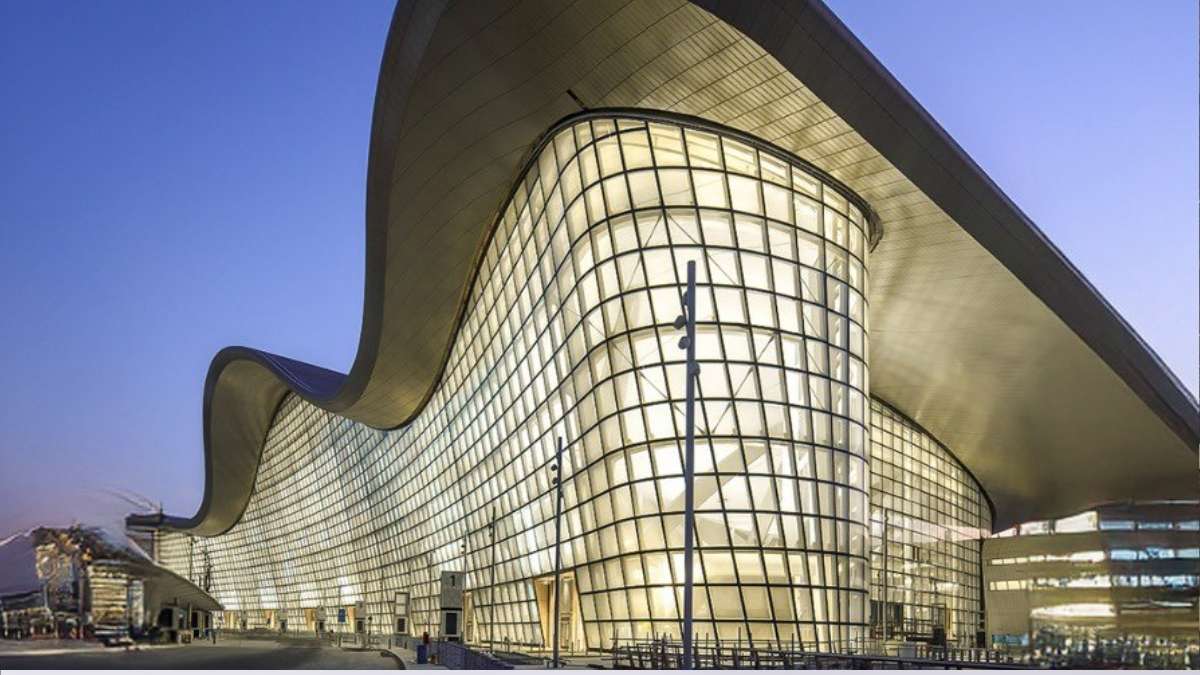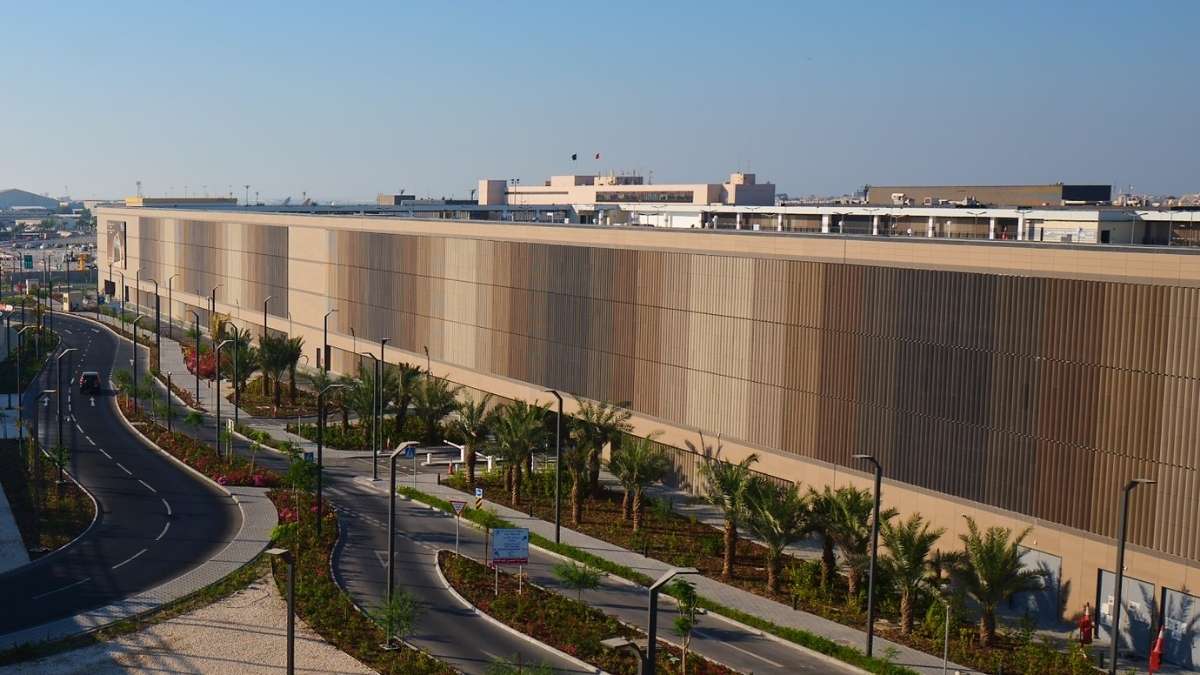The government of Telangana is planning to construct the longest highway tunnel in India in Hyderabad. The tunnel will have a length of around 10 kilometres, as measured tentatively. It will be a four-lane tunnel running from Jubilee Hills Road No. 45 Junction to Banjara Hills, Road No. 12 Junction. The route will incorporate KBR Park junction to NFCL Junction, Punjagutta. The building of this proposed tunnel will take place under the onus of the Greater Hyderabad Municipal Corporation (GHMC).
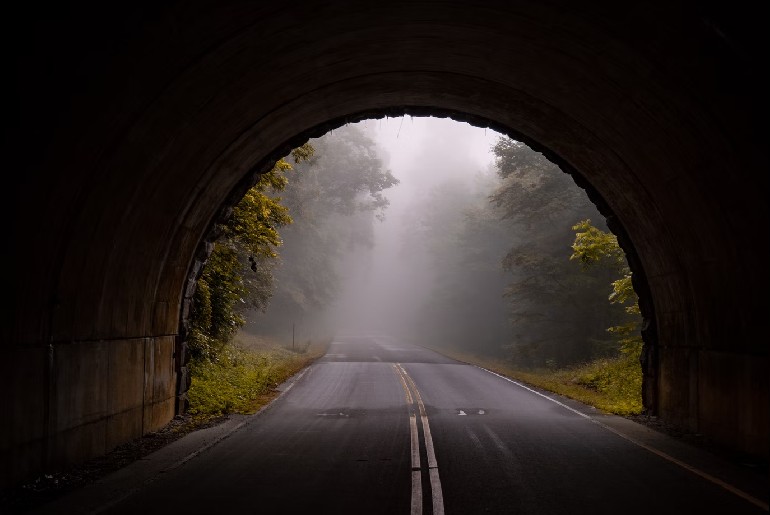
Also Read: Himachal’s Atal Tunnel Gets Certified As World’s Longest Highway Tunnel
The Tunnel Will Be Constructed With A Tunnel Boring Machine
The digging of the highway tunnel in Hyderabad will take place with a Tunnel Boring Machine. Also, the Union government has instructed that the construction must take place without cutting down any trees in the first boundary of the KBR Park. These trees fall under Eco-Sensitive Zone. The trees which are outside the first boundary of the park do not come under the Eco-Sensitive Zone. In this regard, Municipal Minister KT Rama Rao has asked authorities to find possibilities for constructing an underground tunnel to avoid cutting down trees.
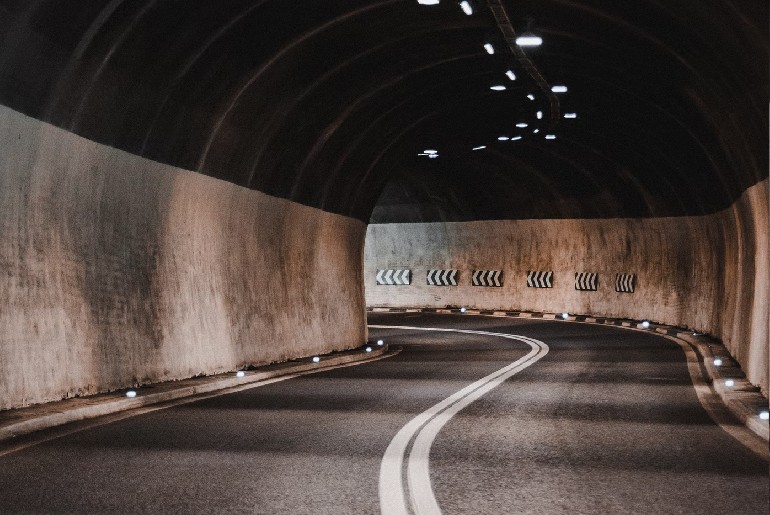
Also Read: Railways Is Building One Of India’s Longest Tunnels In North East To Connect Imphal And Guwahati
Other New Attractions In Hyderabad
Earlier, the construction of a six-lane tunnel in KBR Park with multi-level flyovers was proposed. But the idea did not get a go-ahead as the project would have needed the cutting down of more than 1500 trees. A month ago, Prime Minister Narendra Modi had inaugurated the 216-feet tall statue of Ramanujacharya in Shamshabad near Hyderabad. The statue of Ramanujacharya is called the Statue Of Equality. An open rock museum was also launched in Hyderabad recently, on the campus of CSIR-National Geophysical Research Institute.
First Published: March 22, 2022 11:22 AM

